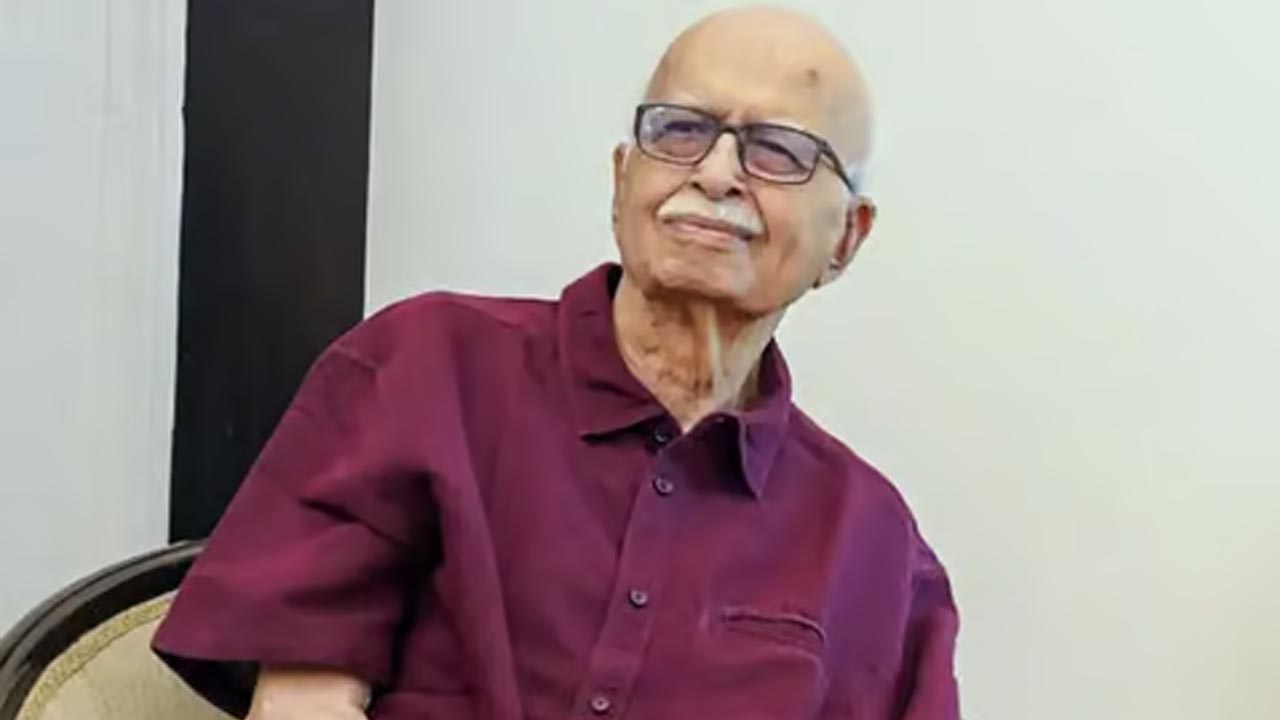
Former Deputy Prime Minister and prominent BJP leader Lal Krishna Advani has been admitted to Apollo Hospital in New Delhi. The 96-year-old veteran’s health deteriorated, necessitating his transfer to the hospital’s emergency department on Mathura Road. He is currently under the care of Dr. Vinit Suri, a senior consultant in neurology.
Current Medical Status
According to a statement from Apollo Hospital, Advani’s condition is stable and he is under close observation. He was admitted around 9 p.m., and while the specific details of his ailment have not been disclosed, the hospital has assured that he is receiving appropriate care.
This hospitalization comes just days after Advani was discharged from the All-India Institute of Medical Sciences (AIIMS), where he had a brief overnight stay.
Recent Recognition and Background
Earlier this year, on March 30, 2024, Advani was honored with the Bharat Ratna, India’s highest civilian award, by President Draupadi Murmu. Born in Karachi, now in Pakistan, on November 8, 1927, Advani joined the Rashtriya Swayamsevak Sangh (RSS) in 1942. He has had a long and distinguished political career, having served as the President of the Bharatiya Janata Party (BJP) multiple times between 1986 and 2005.
Political Legacy
Advani played a pivotal role in shaping the BJP, serving as its President for the longest period since the party’s inception in 1980. His tenure in Parliament spanned nearly three decades, during which he held key positions such as Home Minister and Deputy Prime Minister in Atal Bihari Vajpayee’s cabinet from 1999 to 2004.
Role in National Politics
In the run-up to the 2009 general elections, Advani was the BJP’s Prime Ministerial candidate. Although the Congress party and its allies won the elections, Advani’s leadership and vision left a lasting impact on Indian politics. After the election, he stepped down, allowing Sushma Swaraj to become the Leader of the Opposition in the 15th Lok Sabha.
Advani’s current health situation is being closely monitored, and his stable condition provides a measure of relief to his supporters and the political community. His enduring legacy in Indian politics continues to inspire many, and his contributions to the country’s political landscape are widely recognized.
(With inputs from agencies)







